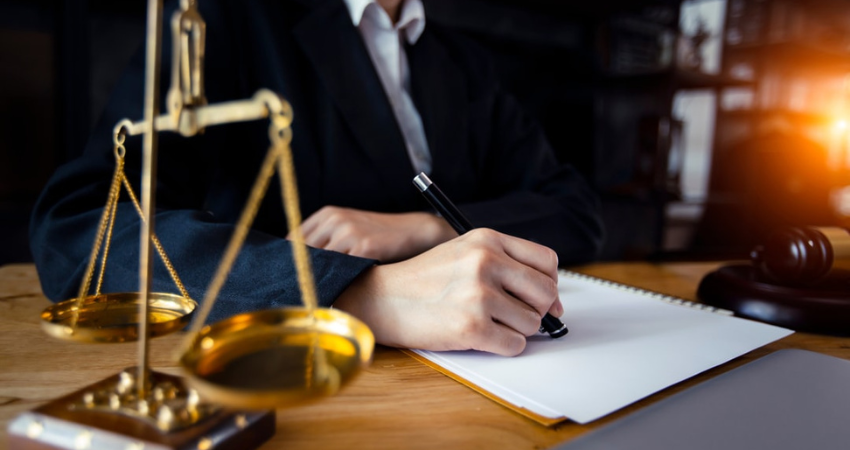How Criminal Lawyers in Dubai Negotiate Plea Bargains

Understanding the Concept of Plea Bargaining in Dubai
While the UAE legal system does not formally follow the Western-style plea bargaining process, recent amendments and judicial practices allow a form of negotiated resolution in specific cases. Criminal lawyers in Dubai are increasingly leveraging this mechanism to minimize penalties, reduce charges, or avoid long and costly trials. These negotiations are conducted within the boundaries of UAE federal law and under the oversight of judicial authorities.
Identifying Eligibility for Plea Negotiation
Not all cases are eligible for a plea bargain. Criminal lawyers in Dubai must first determine whether the charges fall under categories that allow for settlement or reduced sentencing. Typically, negotiable offenses include:
- Financial crimes such as fraud or embezzlement
- Cybercrimes with no major harm
- Misdemeanor drug offenses
- Certain commercial or regulatory violations
Crimes involving violence, national security, or moral crimes are generally excluded from plea negotiations. A careful assessment of the criminal code and judicial practices guides lawyers in determining whether to initiate negotiation.
Engaging the Prosecution in Discussion
The plea negotiation process often begins with informal discussions with the public prosecutor. Experienced criminal lawyers approach this stage with discretion and professionalism. Their goal is to present:
- Evidence that challenges the strength of the prosecution’s case
- Mitigating circumstances such as lack of intent or cooperation with authorities
- Willingness of the defendant to accept responsibility in exchange for leniency
These discussions aim to gauge the prosecutor’s openness to resolution and to begin laying the groundwork for a formal agreement.
Building a Compelling Defense Narrative
To persuade the prosecution and court to accept a plea, lawyers craft a narrative that positions their client in the most favorable light. This involves:
- Highlighting the absence of prior criminal history
- Demonstrating the client’s cooperation with law enforcement
- Emphasizing any restitution made to victims
- Presenting character references or proof of rehabilitation
This strategy is essential to justify the request for a charge reduction or lighter sentencing.
Negotiating Charge Reductions or Sentence Mitigation
Criminal lawyers may propose several types of resolutions depending on the case, such as:
- Reduction of felony charges to misdemeanors
- Avoidance of imprisonment through fines, probation, or deportation
- Suspension of sentences in exchange for community service or civil compensation
These negotiations are often documented and submitted to the prosecution or the judge in writing. Lawyers ensure all terms comply with the UAE Penal Code and Criminal Procedure Law to avoid rejection on technical grounds.
Drafting and Submitting the Plea Agreement
Once the terms are agreed upon, the next step is to prepare a formal submission. This document outlines:
- The charges to be modified or dismissed
- The agreed-upon sentence or penalty
- Any restitution, fines, or conditions imposed
- The statement of acceptance and acknowledgment of the accused
This document is submitted to the judge for review. Judicial approval is required before the agreement becomes binding.
Presenting the Plea in Court
During the court session, the criminal lawyer formally presents the plea deal. The judge may:
- Accept the agreement as is
- Request clarifications or modifications
- Reject it and proceed with the full trial
The lawyer must ensure the defendant clearly understands the consequences of the plea and confirms it voluntarily and without coercion.
Protecting the Client’s Legal Interests
Throughout the process, criminal lawyers in Dubai are responsible for safeguarding the client’s rights. They ensure that:
- The plea is based on informed consent
- No evidence of duress or misrepresentation exists
- All negotiations are documented and legally sound
- The client is aware of possible outcomes, including deportation in some cases
Legal counsel also monitors for any procedural errors that may invalidate the plea or allow for appeal if necessary.
Leveraging Legal Precedents and Case Law
Experienced criminal lawyers in Dubai often reference past cases and precedents where similar plea agreements were accepted. They use:
- Prior judicial decisions involving comparable offenses
- Recent court trends in handling plea submissions
- Interpretations from legal commentaries or expert opinions
These references strengthen the plea and demonstrate that it falls within accepted judicial practices.
Post-Plea Procedures and Follow-Up
After a plea is accepted, criminal lawyers oversee compliance with court orders, including:
- Payment of fines or restitution
- Attendance in rehabilitation or counseling programs
- Monitoring of probation or reporting requirements
- Coordinating any appeals in case the terms are violated
Lawyers continue to support the client to ensure full adherence and prevent future complications.
Conclusion
Plea bargaining in Dubai is a delicate and strategic process that demands thorough legal knowledge, negotiation skills, and familiarity with UAE judicial expectations. Criminal lawyers in Dubai play a pivotal role in securing favorable outcomes through well-structured plea deals, especially in cases where a full trial could result in harsher consequences. By negotiating wisely, advising clients accurately, and maintaining legal compliance, criminal lawyers in Dubai help resolve cases efficiently while minimizing the impact on their clients’ futures.
